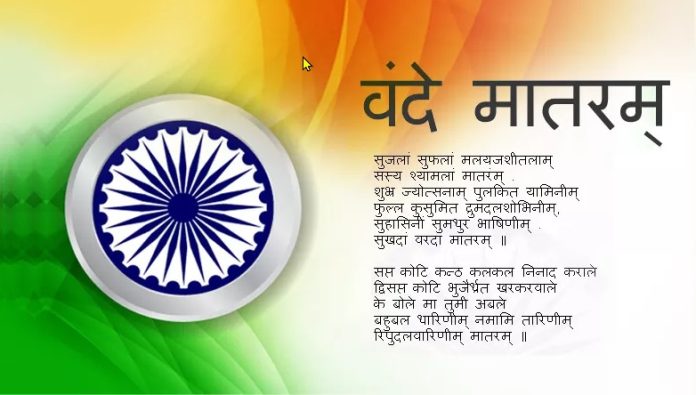New Delhi: The Union government’s decision to mark 150 years of Bankim Chandra Chatterjee’s Vande Mataram with nationwide celebrations has triggered unease among historians and Muslim organisations. Information and Broadcasting Minister Ashwini Vaishnaw announced the plan, saying the song would be celebrated across schools, colleges, and youth gatherings to revive its “original sentiment” in the freedom movement.
However, the move has sparked criticism from sections who argue the song has religious references that alienate minorities. Historians noted that while the first two stanzas were adopted as India’s national song after Independence, the later verses refer to Goddess Durga and are linked with the novel Anandamath, which has strong anti-Muslim undertones.
Prof. Nadeem Rezavi, secretary of the Indian History Congress and faculty at Aligarh Muslim University, said many Muslims consider it sacrilegious to bow before anyone other than God. He recalled that even Mahatma Gandhi and other nationalist leaders did not support making the song compulsory, which is why it was never adopted as the national anthem. “Making such a controversial song central to state celebrations risks deepening communal divides,” he warned.
When asked whether madrasas would be included in the celebrations, Vaishnaw said, “Everyone should take part.” He also avoided clarifying whether only the first two stanzas would be sung or the entire five.
Minority groups have expressed concern that the government’s approach reflects an attempt to impose Hindutva symbolism in public life. They argue that respect for diversity should guide such initiatives rather than enforcing practices that marginalise sections of the population.




